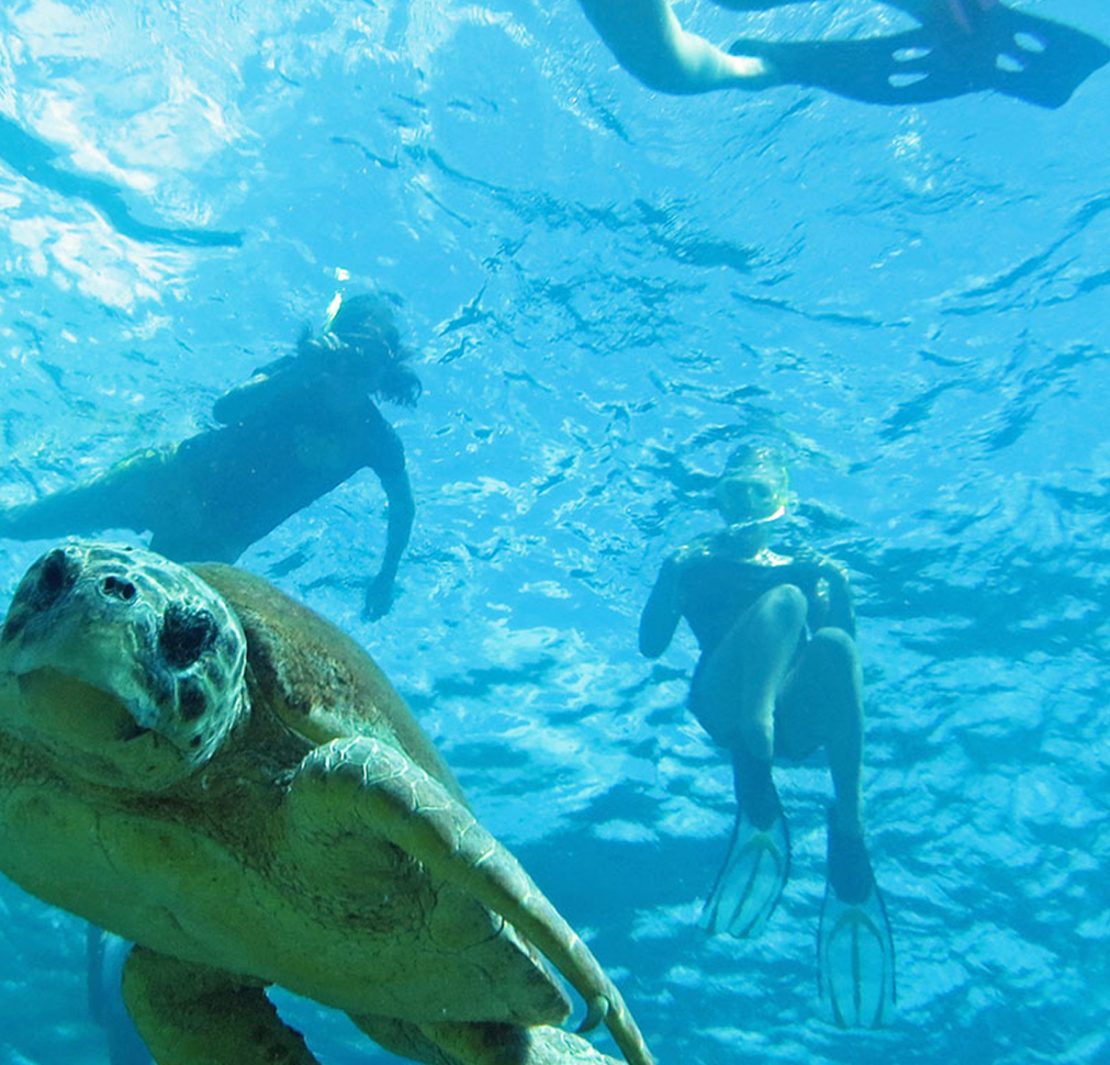“Oh my God! You study dolphins/whales/turtles … How cool…!”
I can’t begin to say how many times I’ve heard this. From the outside it seems like the dream job! The life of a marine biologist, outdoors in clear water, investigating the lives of these magnificent creatures…
I am lucky indeed, and I wouldn’t exchange my life and career for anything. But people don’t often realise what goes into the job.
For every hour I log at sea, there are probably at least five to spend in the lab back on land. The work is as long and hard as it’s rewarding, both on and off the water, but the many hours passed hunched over a desk analysing, writing, correcting, rewriting papers.
The truth is, many don’t really know what it takes to get into and to stay in this field. So, here is my token of advice for the aspiring marine biologists out there.
Step one:
Ask yourself, “What are you really interested in?”
Here is where it gets confusing because when people question me about becoming a marine biologist they usually picture a field marine researcher.
But, Marine Biology, in a nutshell, is the study of marine organisms, their behaviours, and interactions with the environment. It includes many different sub-disciplines and, consequently, an array of potential career directions.
Would you like to be a microbiologist, a behavioural ecologist, a system analyst, a geneticist, a professor, even an environmental lawyer – or perhaps some combination of these?
There are many roads to choose from and many organisations that hire marine biologists, so having a fairly precise idea of what you would like to do is an important first step in the right direction.
Step two:
Ask yourself what really fascinates you about the ocean.
Are you passionate about biodiversity on coral reefs or algal blooms? Is the structure of soft-bottom communities what inspires you or the feeding behaviour of critically endangered blue whales?
Try to construct a “big picture” of what captivates you then narrow down your focus to explore something that is feasible, either in the lab or the field.
Step three:
Research
If you have got this far in the article… you might actually be one of the few that really wants a career in marine biology. So, next up read, write and get experience. Do your homework about the specialities above, peruse the internet in search of information.
Step four:
You’ll need to go to university and get an undergraduate degree in Science, then a Ph.D.
As a start, take all the science courses available to you in high school and as an undergraduate. Basic biology, zoology, chemistry, physics, and mathematics are essential, but other courses such as ichthyology, conservation, and oceanography are also quite valuable, as well as those related to your specific field. Then there’s the study of statistics; this is something you must know and be good at and no, you can’t get around it.







